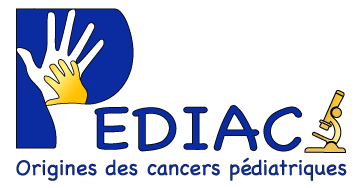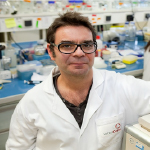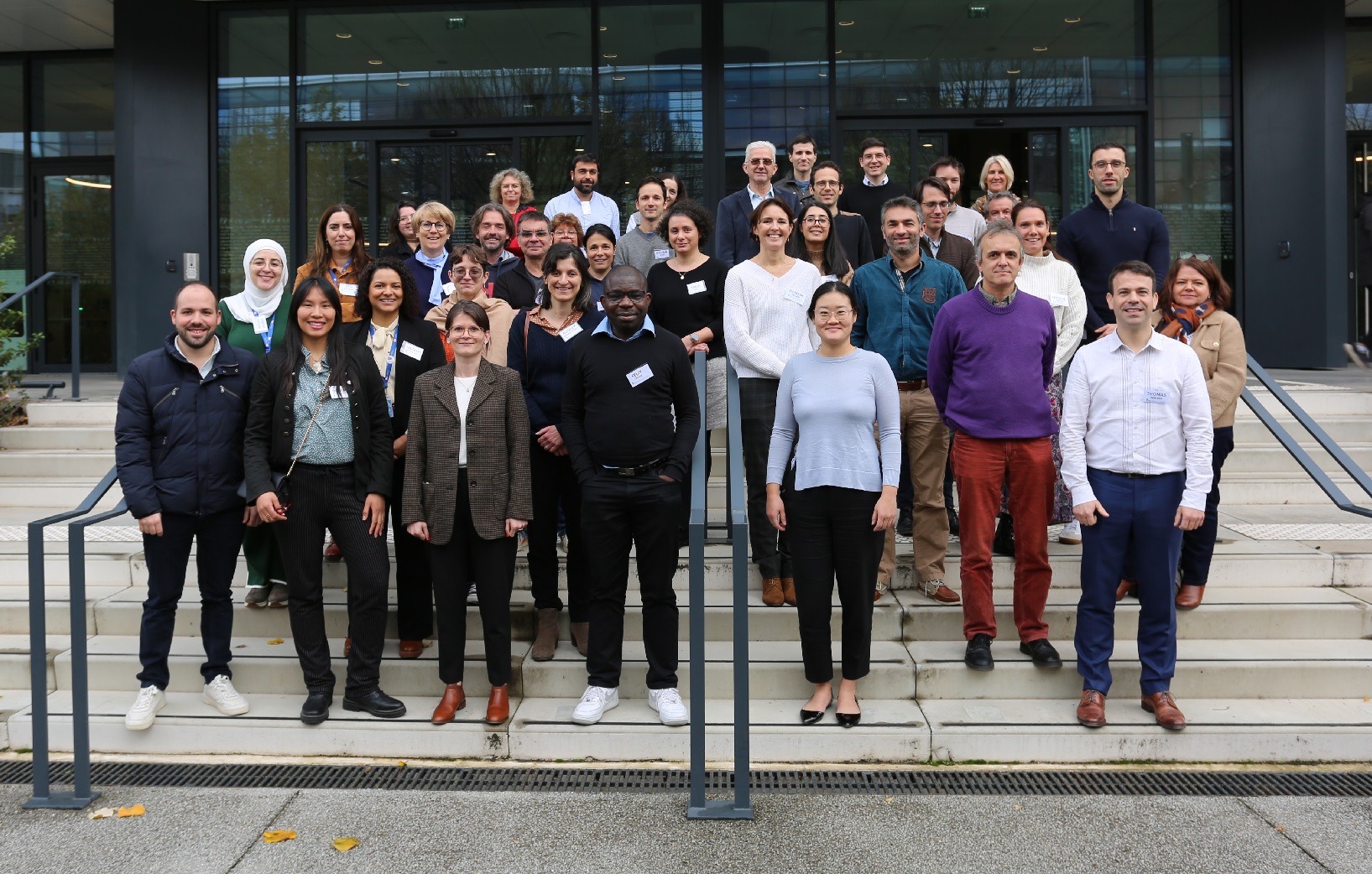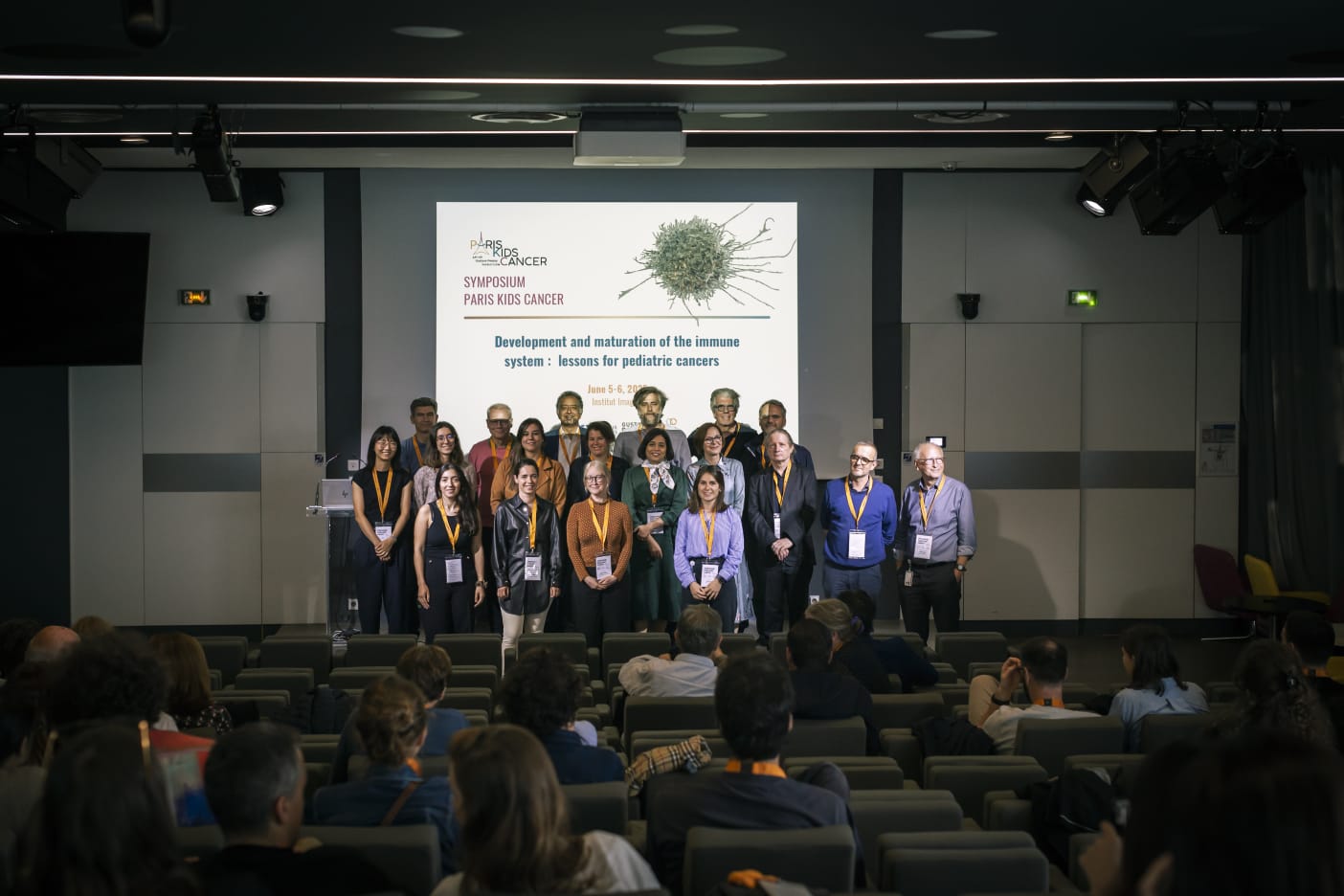Context
Current data indicate that approximately 2500 children and adolescents are affected by cancers every year in France. While scientific and medical progresses have allowed an average of eighty percent survival rate for children and adolescents with cancer, there is an important heterogeneity in the response of different cancer types to treatments with several entities being associated with a dismal prognosis. Together, cancers remain the leading cause of death by disease in children over one year of age. Moreover, most children cured from their cancer suffer from deleterious secondary effects related to the disease and the treatments received.
Therefore, a better understanding of the preventable causes and of the cellular and molecular mechanisms underlying pediatric cancers development are required to reduce the impact of cancer during childhood.
Objectives
Recently funded by the INCa, the PEDIAC project brings together eleven teams of basic research scientists from distinct major national cancer centers with expertise spanning a wide research area, including epidemiology, immunology, physiological modeling, genetic analyses and molecular biology of pediatric tumor cells. This research program stems from a scientific program outside the usual French funding calls and will develop a 4-year pluri-disciplinary research program taking into consideration pediatric cancer causes from the macroscopic environmental level all the way to the molecular level driving tumor cell abnormal properties on different pediatric cancer entities.
PEDIAC’s main research objective is to understand the causes and origins of different cancer subtypes at specific ages during childhood.

Epidemiological and genetic studies already indicate that these specificities may result from environmental exposure to risk factors or from genetic predisposition. Also, recent experimental evidences indicate that specific pre or post-natal periods, as well as certain type of cells, are particularly sensitive to the oncogenic properties of the genetic alterations found in pediatric cancer.
The precise knowledge of molecular bases underlying this peculiar sensitivity is generally lacking and need to be established in appropriate models accounting for the importance of the communication between abnormal cells and the surrounding cells.
Research program
The PEDIAC project is divided into three main aims:
Through these studies, we aim at identifying potentially preventable risk factors and novel markers of genetic predisposition to cancer. The comparison of tumors from patients with models reproducing more closely the situation found in patients will allow the identification of active molecular mechanisms specific to pediatric tumor cells.
Together, an improved knowledge of these factors will provide tools to better prevent cancer development or help diagnosis and develop future more efficient and less toxic therapeutic opportunities.






















